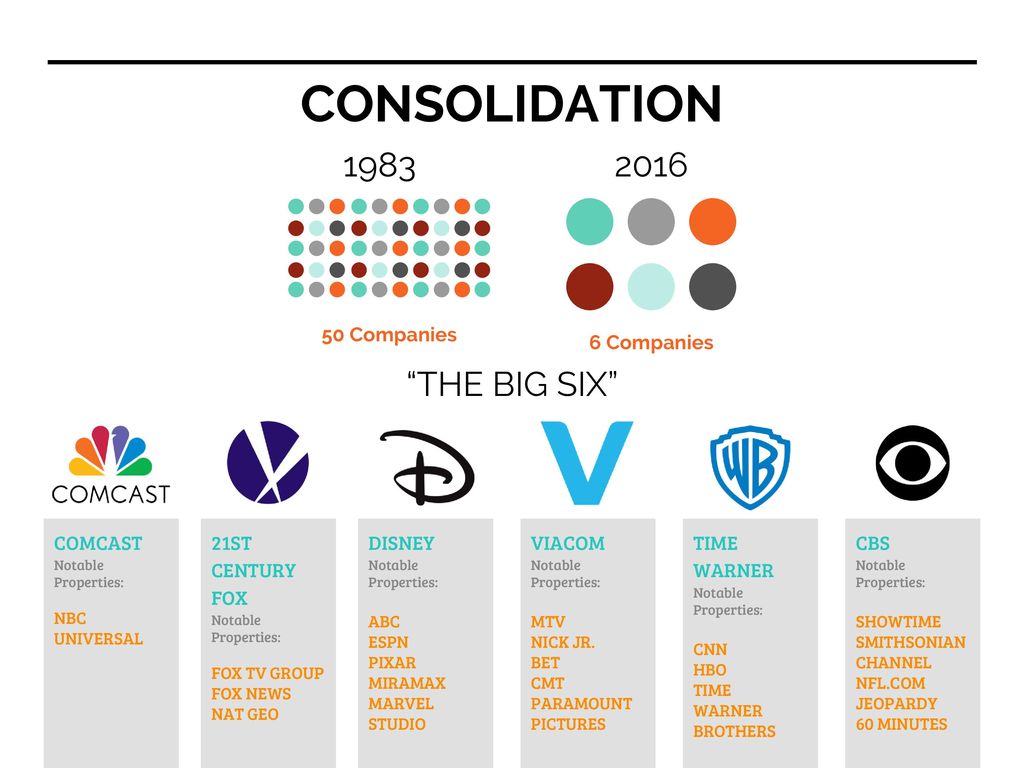As we round out the first quarter of the 21st century, the impact of changing technology on our lifestyles, media, and democracy is becoming increasingly jolting. Of course, the "advancement" of civilization and the resultant societal changes are not unique phenomena. They have been happening for millennia. However, various changes to daily life are happening more and more rapidly, creating a general sense of confusion within society and a need for adaptation among many of the institutions of our society, including the media.
As was mentioned in Ravi Somaiya's 2019 article "The Junk Cycle" in the Columbia Journalism Review, present-day journalism seems to interact with social media regularly and in a predictable pattern. News organizations chasing the interest of online readers often publish a story about a trending post on social media without first considering the story's newsworthiness. Does the virality of a misleading political post or meme demand the attention of massive national news companies? In a media environment, except for the prestige name like The New York Times or the Washington Post, most readers are hesitant to trust any news source. Of course, therein lies the crux of the issue: people can't seem to trust smaller media anymore. Many media consumers seek out the mainstream media response to viral content because they feel like that is the only source of information they can trust. I admit this is something I am guilty of as well.
Somaiya details the five distinct stages of mainstream media coverage, the most interesting to me being stage three: the blame game and stage five: what this all means. Without fail, following the publication of stories related to the content (in Somaiya's example, a slowed-down video of Nancy Pelosi and an insinuation that she was intoxicated), the mainstream publishers seem to reach a point of finding fault with every step of the process. This kind of thing wouldn't happen with proper censorship on social media. Because of the algorithms designed to make people angry, anything but their involvement in boosting interaction with the post. The final stage is related to the third stage when solutions are offered. How does spot fake news, understand deepfakes, how targeted advertisements work, and what is the future of AI? To be clear, I think this information is valuable to the public and have no problem with it being published. But the cycle of social media interaction is exhausting.
So, if mainstream media can refrain from reporting stories that aren't newsworthy, they can maintain their value as a source of media. But why are they so valuable? Because of the access to publishing, anyone, including people like Paris Wade and Ben Goldman, can access the internet and social media. They appeal to politically conservative media consumers' emotions to attract engagement and make money. There is so much fake news out there that it can be hard to know where to turn, so many consumers feel more comfortable getting their news from a more established source, even if a smaller publisher is reporting 100% factual information. The apparent problem is a lack of diversity, and a majority of trusted information comes from corporate-sponsored, corporate-owned media, 90% of which has been consolidated among six companies.
image source: slideplayer.com
The threat that the consolidation of media poses to democracy is concerning. If our most trusted sources of information are all controlled by companies worth billions and trillions of dollars, the purity of our news does come into question. For this reason, ethics in journalism is paramount to the future of the US government. Suppose each journalist and editor, from the street to the c-suite, is committed to the well-documented ethical values of journalism. In that case, we can still have the successful delivery of truth to consumers. It sounds almost like a fairy tale, but options seem to be limited at present.

No comments:
Post a Comment